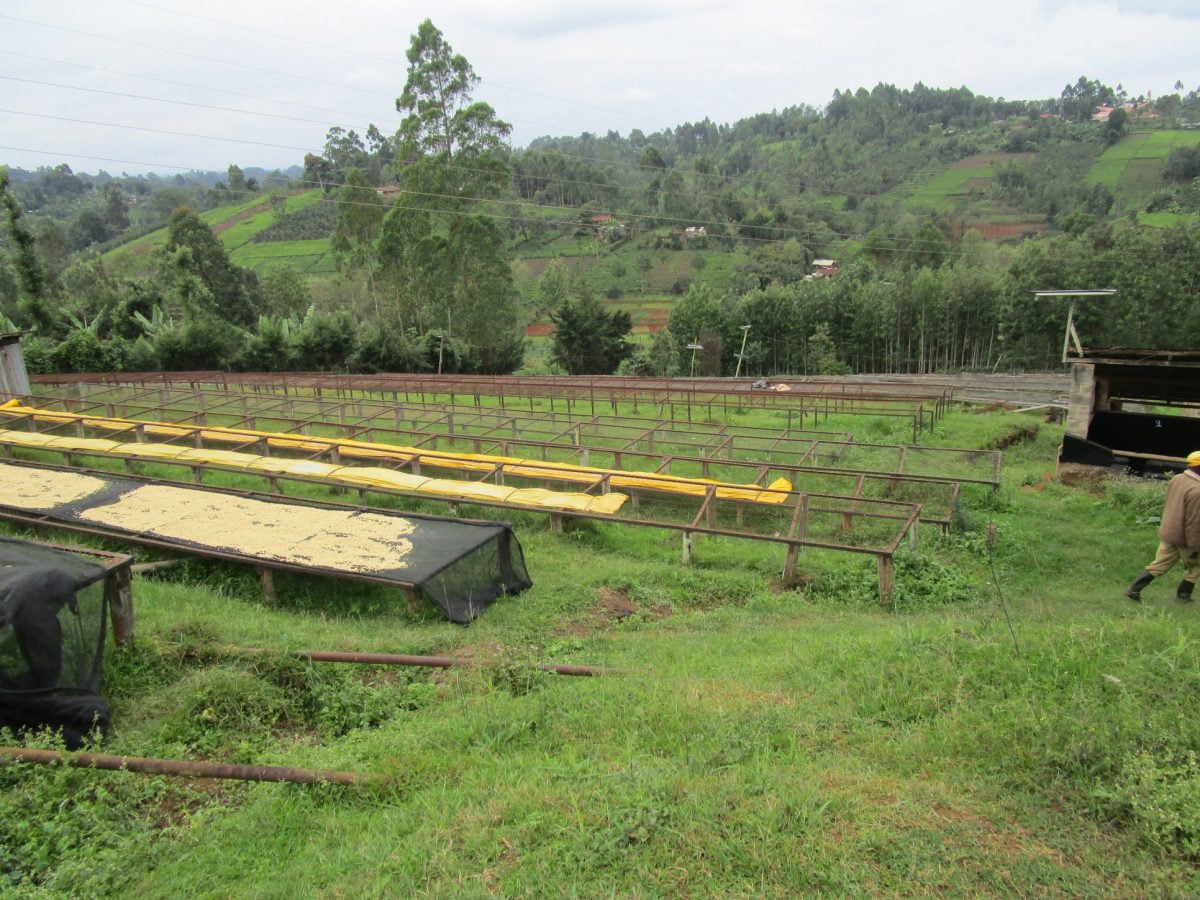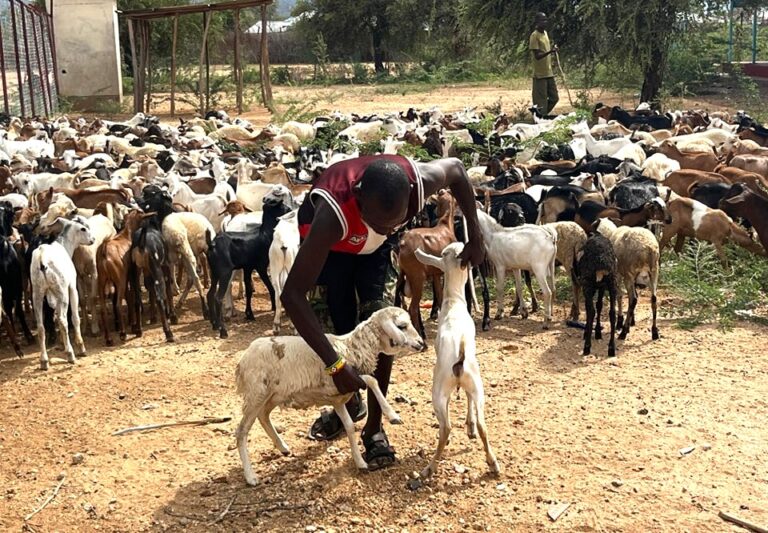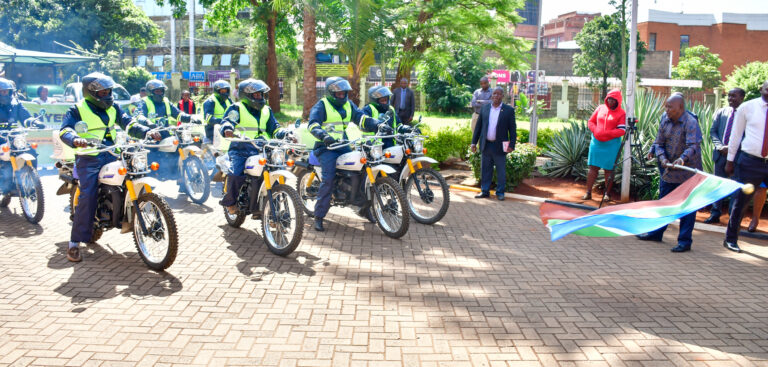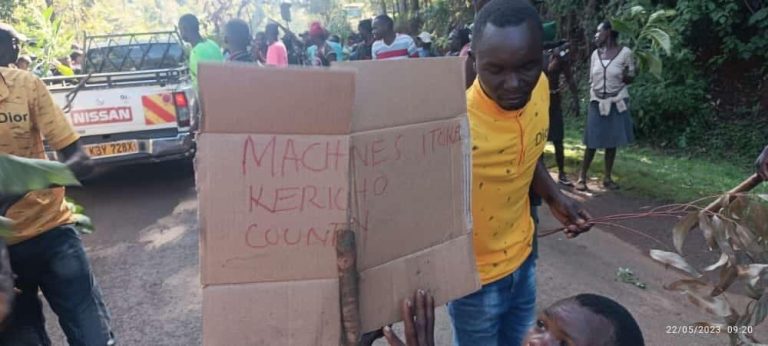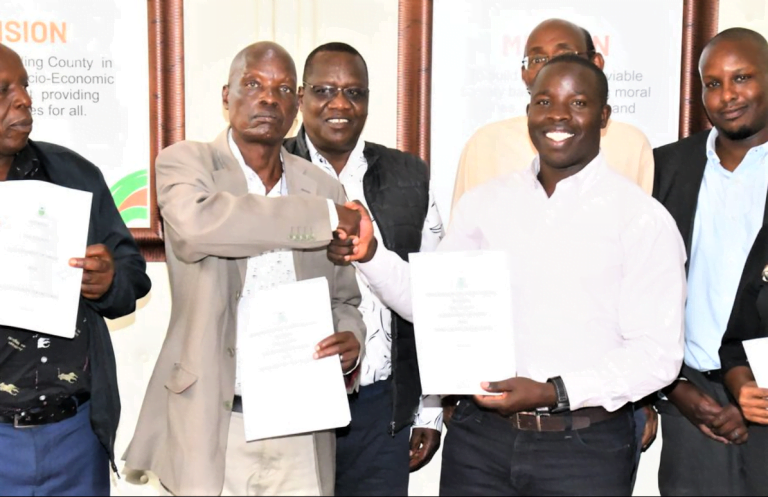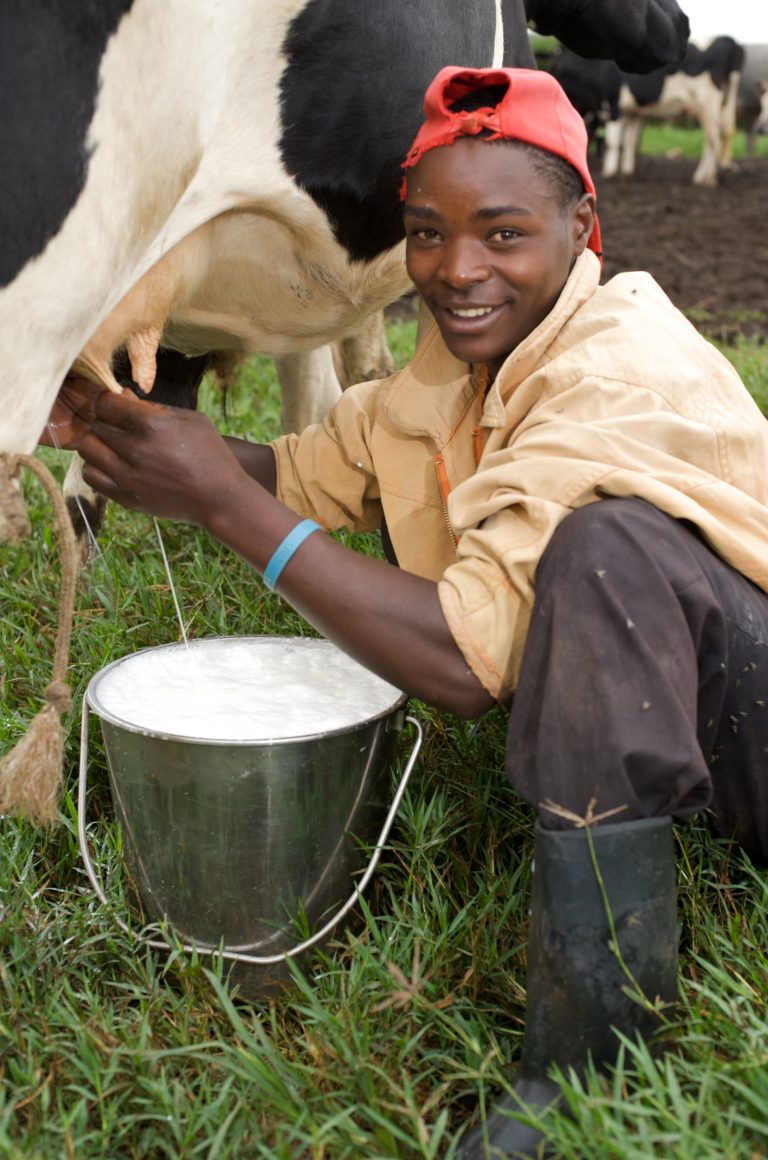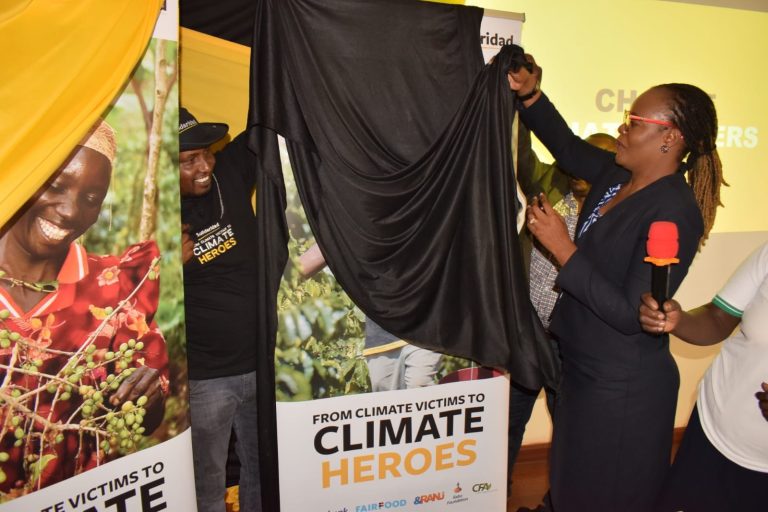By Kimuri Mwangi
As countries came together to take action towards achieving the world’s collective climate goals as agreed under the Paris Agreement and the Convention during the Climate Change Conference (COP27) at the Sharm el-Sheikh in Egypt, back home in Kenya, the cash crops production declined due to lack of enough rainfall.
In Nyeri County, the production of tea and coffee (industrial crops) fell in the last 2021/2022 financial year. This was due to depressed rains with poor distribution. There was less than what was expected by 75% in most areas.
In the tea sector, out of the targeted 78.5 million kilograms, the farmers produced 67.8 million Kgs, a shortfall of about 11 million Kgs in the county. Tea is mainly grown in Othaya, Mathira East, and Tetu sub-counties.
In the coffee sector, 31.6 million Kgs were produced against the targeted 37 million Kgs leaving a shortfall of about 6 million Kgs. Coffee is mostly grown in Mathira East and West, Mukurwe-ini, Tetu, Othaya, and Nyeri Central sub-counties.
During the 2021/2022 annual report released by the Department of Agriculture, Livestock & Fisheries, the weather during the year was generally cold and sparsely wet, with most days being dry. Rainfall was generally less than last year’s same period, with upper and lower zones receiving more rain than the middle zones. These dry conditions affected the performance of the crops. The weather was generally hot and dry from January to March. An onset of rains was expected during the third week of March.
Still, it did not set below-normal rains experienced in the second quarter affecting the performance of the short rains except for bananas, vegetables, and industrial crops. The main field activities were harvesting food crops, land preparation, coffee and tea picking, pruning in coffee, pest and disease control in crops, and horticulture farming.
At the same time, farmers doubled their efforts mainly due to improved coffee prices. Societies that had given their rates had an average of Kshs. 100 per Kg. Several farmers showed interest in planting new coffee, and the officers assisted in pegging coffee holes. Coffee production slightly increased in a low incidence of Coffee Berry Disease. The Coffee prices ranged from Kshs. 80-124 per Kg of Cherry. However, last year’s production results were better than the 2020-2021 financial year as farmers produced 19.2 million Kgs of coffee and 63.2 million Kgs of tea.
Key achievements and interventions by the Department of Agriculture:
• Renovation of Ruiruiru coffee factory –Greenhouse and double layer; two rows of 25meters long and 1.8meters wide; metallic drying tables installed in use
• Training of 48 catchment committee members on soil and water conservation.
• Soil sampling and testing for 318 samples
• Issuance of 658 coffee movement permits.
• Crop insurance 255 crop cut field exercise is already done.
• Collecting market data in four major markets (i.e., Karatina, Gakindu, Othaya, and Nyeri market).
• Training of 104 UTaNRMP groups on Agribusiness.
• Carrying out 1,884 demonstrations.
• Renewal of 86 coffee pulping station licenses.
• 48 Coffee factory visits.
• Procuring and distributing 17,500 coffee seedlings and 360 tonnes of manure for Kirimukuyu and Chinga Wards.
• Recruitment of farmers to purchase 800 (2kg packets) of certified iron-rich bean seed from KALRO.
• Reached 36,256 farmers with various extension approaches.
• Training staff on castor and croton production and recruiting farmers interested in Castor seed farming.
Meanwhile, several coffee factories have been converted to collection centers, thus the reduction in pulping station licenses. Some coffee estate farmers have returned to cooperatives, and a lot of awareness has been done on soil testing. Once a test is done, a farmer must do another test after three years if the recommendations are followed.
The production of maize and beans as food crops declined in the county due to depressed long rains. This has led to vulnerable families in Kieni East and West sub-counties relying on relief food. On the other hand, horticultural production was also affected by the depressed rains since most of the activities were carried out along valley bottoms which had low water volumes.
The County Government of Nyeri, under Governor Mutahi Kahiga, has also taken measures that will help mitigate climate change in the county, including the planting of 50 million trees.
“We will rehabilitate 30 dams and 100 water pans to increase water supply for irrigation and power generation and increase acreage under irrigation to 20,000 Ha from the current 5000 Ha. This will benefit over 80,000 families through irrigation to increase food production to feed the people in the county. We will increase and expand the water connectivity from 65% to 90% for rural areas and from 70% to 98% for urban areas,” promised the Governor recently.
Governor Kahiga also pledged that his administration would create new jobs in the carbon trade by harnessing forest cover from 38% to 42% by planting 50 Million trees, establishing community Forest Associations for all 12 County forests, and establishing green park spaces in major towns.
To further mitigate the effects of climate change, the County Government of Nyeri’s focus will be to partner with Kenya Forest Services to adopt and reforest the large sections of the Aberdare Forest that suffered great destruction, causing rivers to dry up and affecting farming activities downstream.


